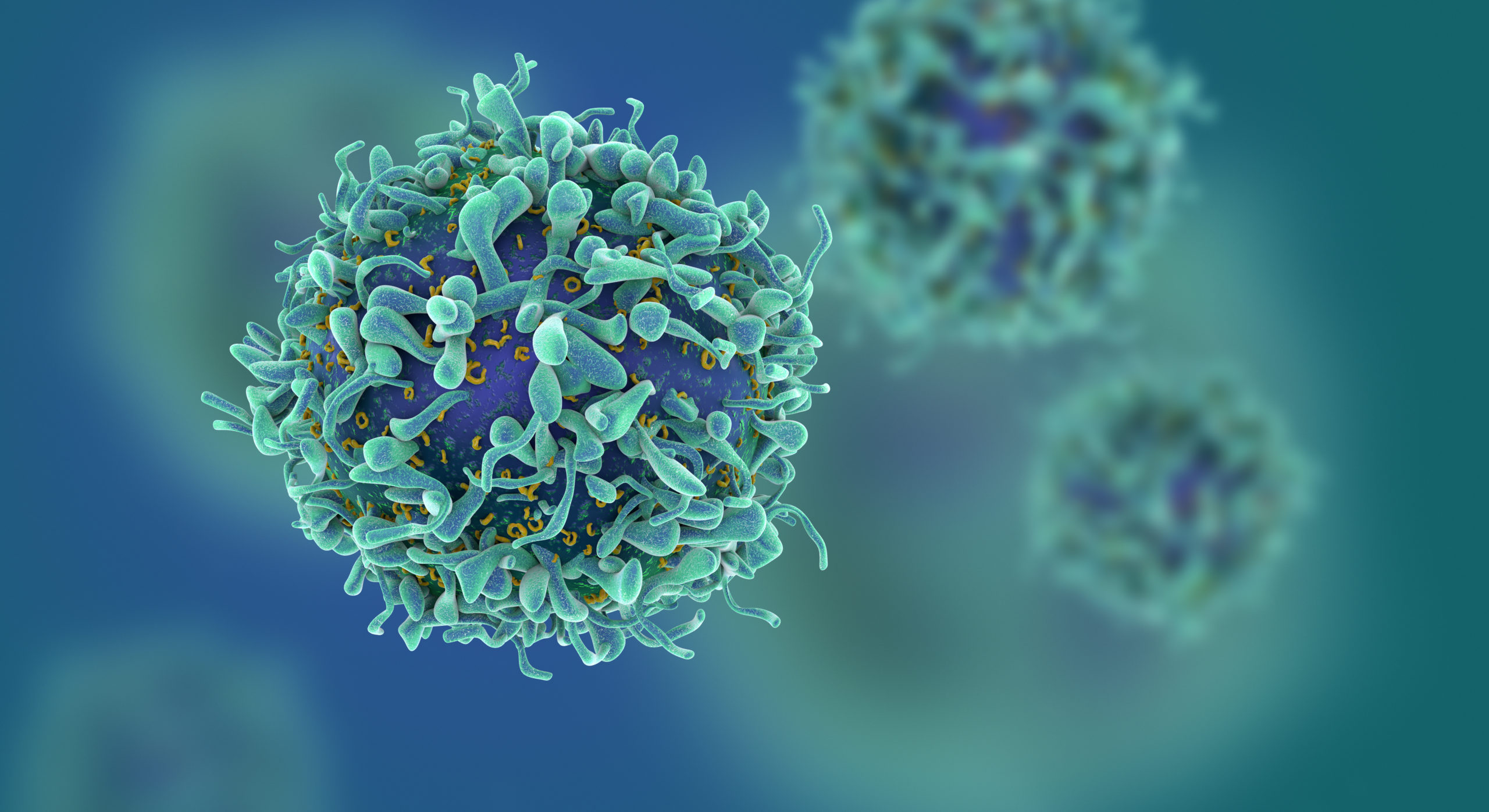Tag: Research
-

New Genetic Regulators Could Improve Cancer Immunotherapy
A genetic screen has revealed previously unknown regulators of Foxp3, a transcription factor that, when deactivated, may improve patient response to aggressive cancers.
-

Comforting and Monitoring 7,600 COVID-19 Patients at Home
Northwestern Medicine investigators undertook a massive, new, daily home-monitoring program of patients presumed positive for COVID-19 with the assistance of nurses, nurse practitioners, a large workforce of medical students, physicians’ assistants and daily questionnaires delivered through electronic health records.
-

Brain Synchronization Improves Odor Perception
Neurons in the olfactory cortex coordinate to boost the sense of smell when anticipating an odor, according to a Northwestern Medicine study.
-

Propelling Synthetic Biology into the Future
In the past decade, synthetic biology — the reengineering of organisms and their genetic information so they can produce a new substance or gain a new ability — has rapidly emerged to the forefront of modern-day science. Northwestern’s Center for Synthetic Biology has been leading the way.
-

Feet on the Ground
Building equitable relationships with community leaders and framing research questions around residents’ priorities is the core principle of community-engaged research, and IPHAM, along with ARCC, have been leaders in the field.
-

Advancing Health Equity for the LGBTQ Community
Northwestern University’s Institute for Sexual and Gender Minority Health and Wellbeing has become a leader in sexual and gender minority health research and intervention programs with the goal of advancing health equity for the LGBTQ community.
-

New Insights into Left Ventricular Cardiomyopathy
Genetic mutations in desmoplakin cause left ventricular cardiomyopathy, rather than right ventricular cardiomyopathy as previously believed, according to a recent study.
-

Faculty Share Insights on COVID-19 Response Efforts and Treatment
As the COVID-19 pandemic continues, recent editorials published by Feinberg faculty explore COVID-19 and its impact on medicine, including potential drug targets and the need for more clinical trials to maximizing trainee education.
-

Study Finds Nearly One in Five Surgical Residents Report Frequent Bullying
A Northwestern Medicine survey found that nearly one in five surgical surgical residents have experienced frequent bullying and that women and racial or ethnic minorities were more likely to report frequent bullying in surgical residency programs.
-

Novel Method Maps Virus-Host Protein Interactions
A novel method to map protein-protein interactions between viruses and their hosts more precisely than current methodologies may help improve the design of antiviral drugs and therapeutic strategies.






